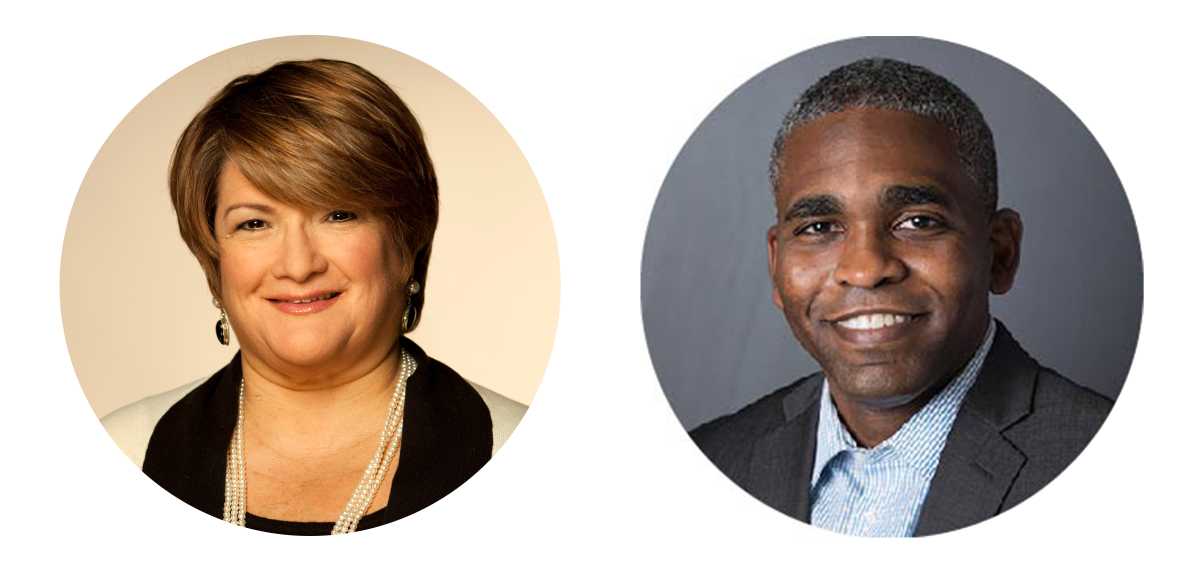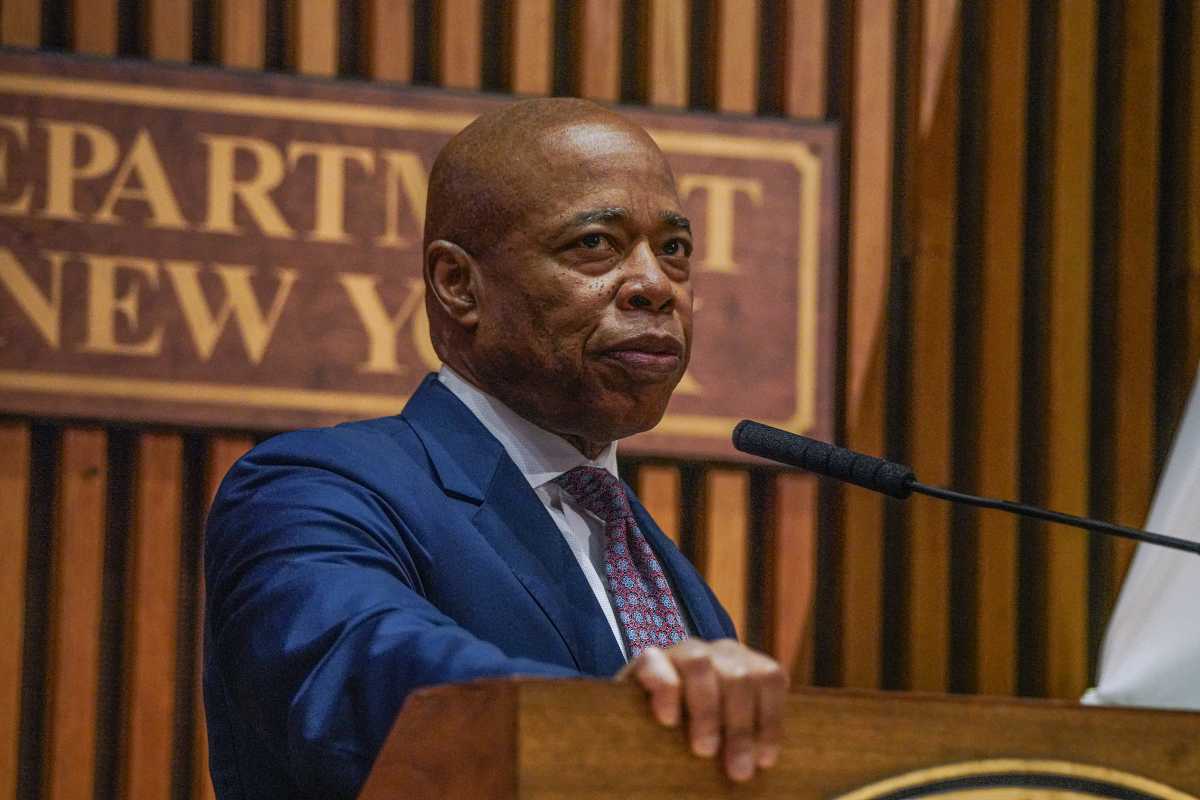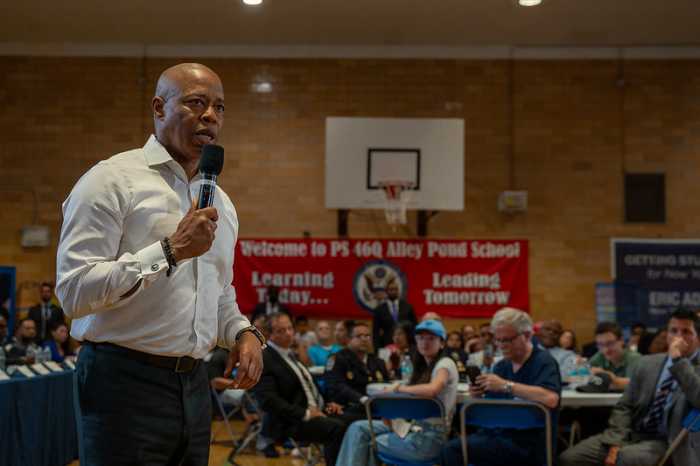In New York City, 72 percent of NYC veterans are 55 and over. During National Veterans and Military Families Month, it’s important to connect these men and women of honor to services and support systems that allow them to age with ease in the communities they served.
As Commissioner of the New York City Department for the Aging (DFTA), I sat down with the newly appointed Commissioner of the New York City Department of Veterans’ Services (DVS), U.S. Army Reserves Lieutenant Colonel James Hendon, to talk about the services he thinks all veterans, and particularly vulnerable veterans, should know about.
Commissioner Cortés-Vázquez: Welcome to New York City government, Commissioner Hendon! I hear this is your third week on the job. I’d love to have you tell us a little about DVS.
Commissioner Hendon: I’d be happy to! DVS was established in 2016 and is the nation’s first local city agency for veterans. Though we are still new, we already serve 27,000 service members, veterans, and their families in New York City and are rapidly expanding. For our older veterans, what DFTA services would you recommend?
Commissioner Cortés-Vázquez: I’m glad you ask because many veterans may not know about DFTA. We provide services for New Yorkers age 60 and older. Some services include centers in the community for older adults, home-delivered meals, case-management assistance, mental health care and friendly visiting services — and even resources for older adults caring for children.
Friendly visiting, a service that connects homebound older adults with volunteers for weekly visiting, helps homebound older adults avoid social isolation. Centers in the community provide hubs for activities, meals and socialization. At many centers, mental health clinicians provide free mental health services through our ThriveNYC Geriatric Mental Health program.
Commissioner Hendon: More than half of our veterans in shelters are older adults. Local centers are essential community spaces for these veterans, especially during extreme temperatures in the summer and winter. How do you become a member of a DFTA center?
Commissioner Cortés-Vázquez: Centers in the community can really become your second home, and we hear that frequently from members. Becoming a member of a center is free and easy. Older adults just need to visit their local center and sign up. Plus, centers can help members connect to other city resources.
We understand that older veterans have unique needs, including coping with social isolation after rejoining their communities and finding accessible mental health care.
Commissioner Hendon: It’s so important that we support the well-being of veterans who have been through so much. We recently announced a holistic plan to provide mental health services to veterans, including a peer-to-peer support program and legal services to help veterans challenge their discharge status – especially LGBTQIA+ veterans who received “less than honorable” discharges because of their orientation, gender identity or mental health challenges.
Speaking of resources, I’d love for New Yorkers to know about VetConnectNYC.org, our portal that helps veterans find services in their communities. Not only does it provide resources and connections for veterans, it also assists professionals helping veterans.
Commissioner Cortés-Vázquez: That’s wonderful! I look forward to working together to help older veterans receive the services they need and deserve in this city.
If you’d like more information about DFTA or DVS services, call 311 or visit nyc.gov/aging or nyc.gov/veterans.
Lorraine Cortés-Vázquezis commissioner of the New York City Department for the Aging. Prior to joining the de Blasio administration, she served in executive leadership roles with AARP,EmblemHealth and other organizations. She also served as New York’s first Latina Secretary of State.




































